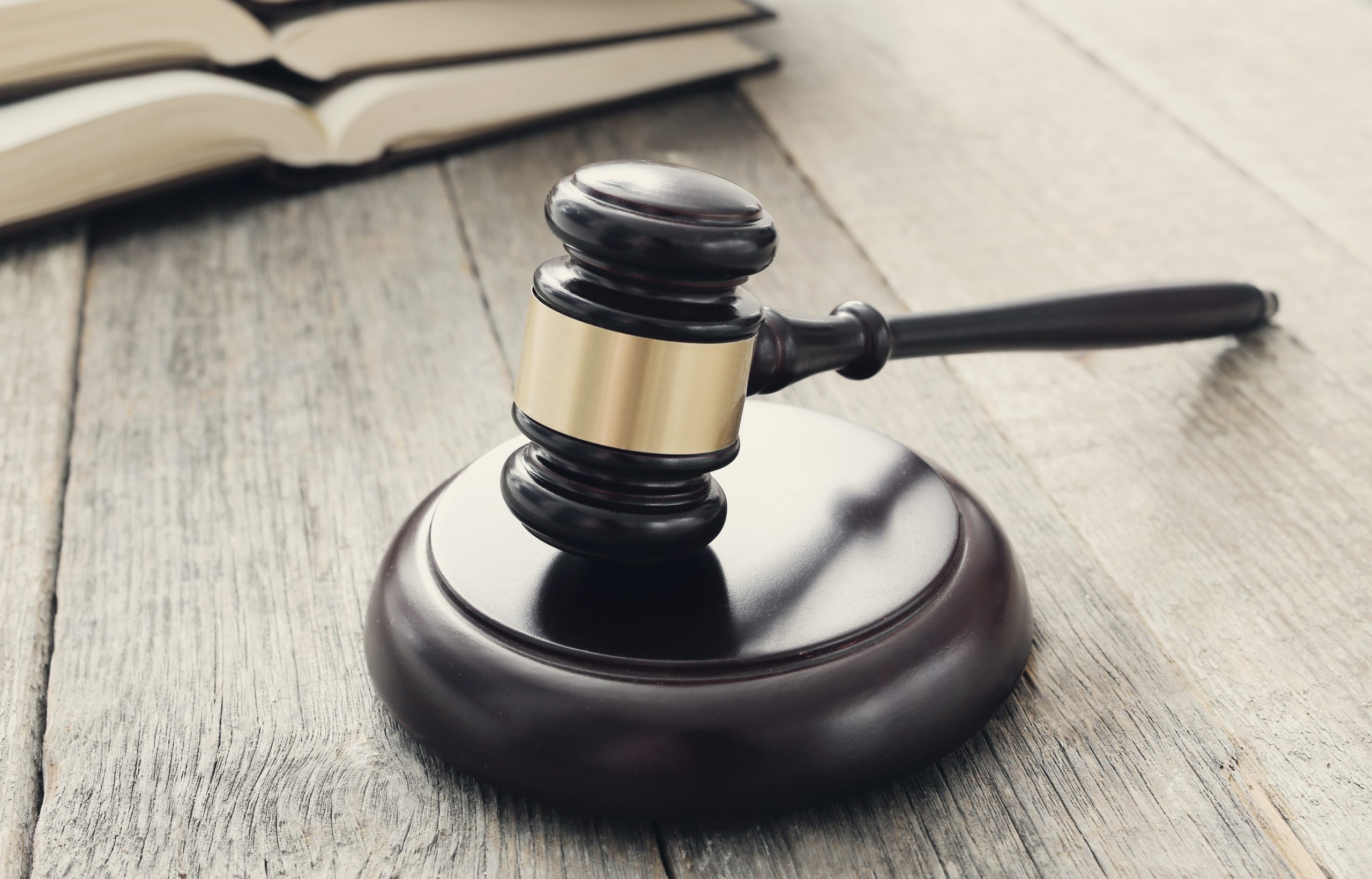News Highlight
May take legal action on Speaker’s inaction against Panneerselvam and other expelled leaders.
Key Takeaway
- The AIADMK has informed the Madras High Court that it is considering bringing a complaint since the Legislative Assembly Speaker has yet to respond to the party’s request not to consider O. Panneerselvam.
- As well as other expelled leaders who were members of the AIADMK parliamentary party.
- The Justices appearing before the Third Division Bench could not address anything in the House.
- Since the Speaker had yet to modify Mr Panneerselvam’s and the other expelled members’ seating arrangements.
Debates over Discretion of the Speaker’s Role
- Over the previous three years, the Lok Sabha Speaker has presided over the All India Presiding Officers Conference.
- It has been analysing the Speaker’s position as envisioned in the Constitution’s 10th Schedule, which deals with the disqualification of MPs and MLAs.
- The discussions are centred on ensuring the legislative speaker’s dignity.
- Numerous presiding officers have stated that their function should be reduced.
- Alternate processes for deciding cases of defection should be developed.
- One option being explored is to leave the question of disqualification up to the respective political parties when allocating seats to MLAs.
10th Schedule of the Indian Constitution
- About
- The 52nd Amendment to the Indian Constitution added the Tenth Schedule, generally known as the Anti-Defection Bill, in 1985.
- It was a reaction to the overthrow of various state administrations by party-hopping MLAs following the 1967 federal elections.
- It establishes the rules for disqualifying members of Parliament (MPs) and state legislatures for desertion.
- Exception
- It enables a group of MPs/MLAs to join another political party without incurring the defection penalty.
- Furthermore, political parties are not penalised for soliciting or tolerating defecting legislators.
- A ‘defection’ by one-third of a political party’s elected members was considered a merger under the 1985 Act.
- Nevertheless, the 91st Constitutional Amendment Act of 2003 modified this, and now at least two-thirds of a party’s members must be present.
- For it to be valid from the perspective of the law, it must be in favour of a “merger.”
- Discretion
- The decision on questions about disqualification on the premise of defection is referred to the Chairman or the Speaker of such House, which is subject to ‘Judicial review‘.
- But, the statute does not specify when the presiding officer must rule on a defection case.
- Grounds for Defection
- If an elected official willingly withdraws from a political party.
- If they vote or abstain from voting in such House in defiance of any directive given by their political party.
- If a member who was elected independently joins a political party.
- If any nominated person joins a political party after six months have expired.
Supreme Court’s decision of Speaker’s Authority in Anti-defection
- Parliament should appoint a “permanent tribunal” or an external mechanism to make unbiased decisions in place of the Speaker.
- Limiting the Speaker’s discretion: The Speaker must decide on disqualification within three months of receiving the application.
- It cannot be the Speaker’s choice to take no action.
Issues with Anti-Defection Law
- Ambiguity about Party
- Whether the initial political party refers to the national or provincial parties is still being determined.
- The claim about the merger
- A merger occurs only when an original party unites with another political party.
- Two-thirds have approved this merger of the legislature party’s members.
- Only when these two conditions are met can a group of elected members claim exemption from disqualification due to merger.
- No Recognition of Split
- The 91st amendment introduced an exception for anti-defection verdicts in the anti-defection statute.
- However, the amendment does not recognise a ‘split’ in a legislature party and instead recognises a ‘merger’.
Conclusion
- The Speaker’s participation in defection cases is critical for safeguarding the government’s and democratic system’s stability and integrity.
- It is also crucial to highlight that the Speaker must decide such situations fairly and impartially.
- The principles of natural justice and the requirements of the Constitution should govern the decisions.
Pic Courtesy: freepik
Content Source: The Hindu



